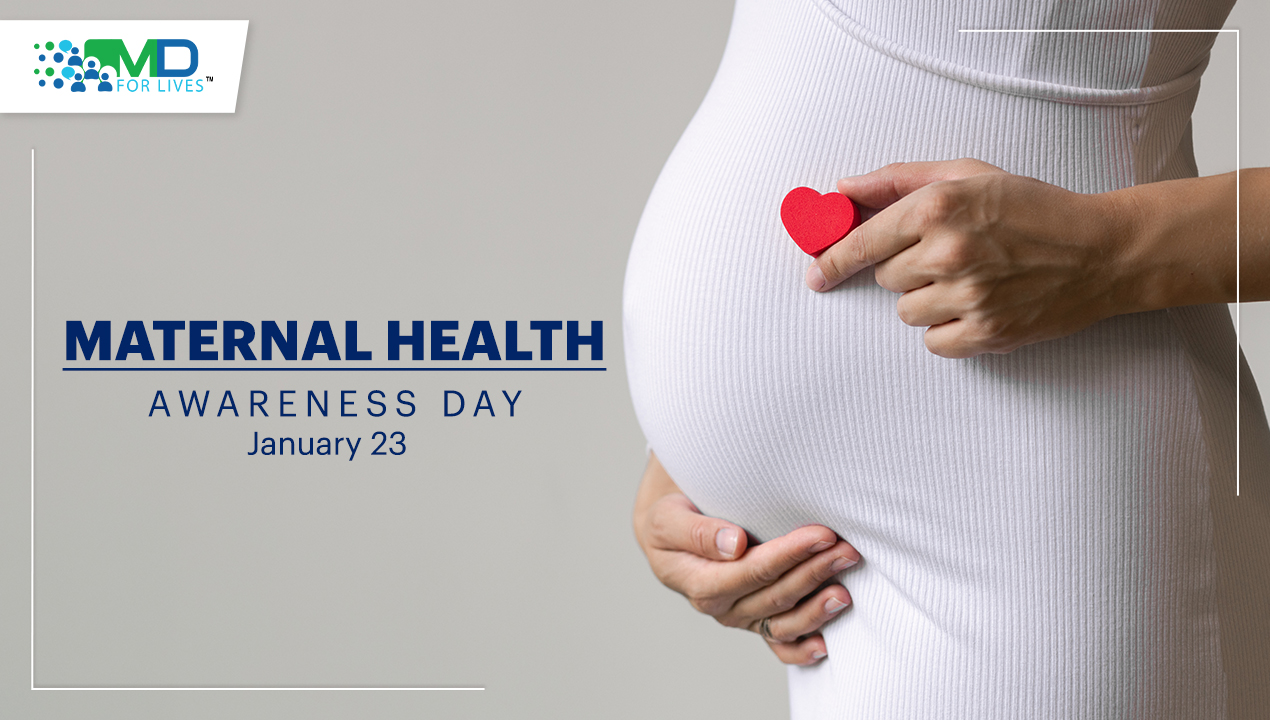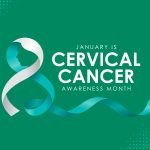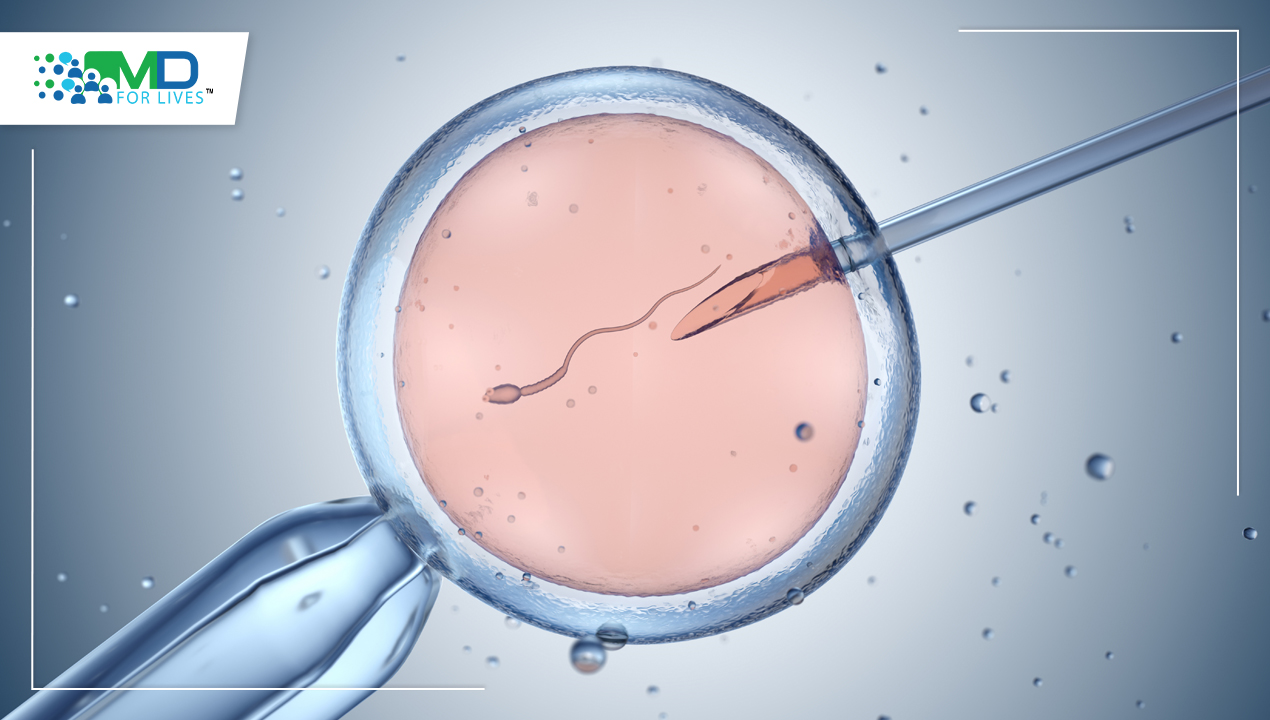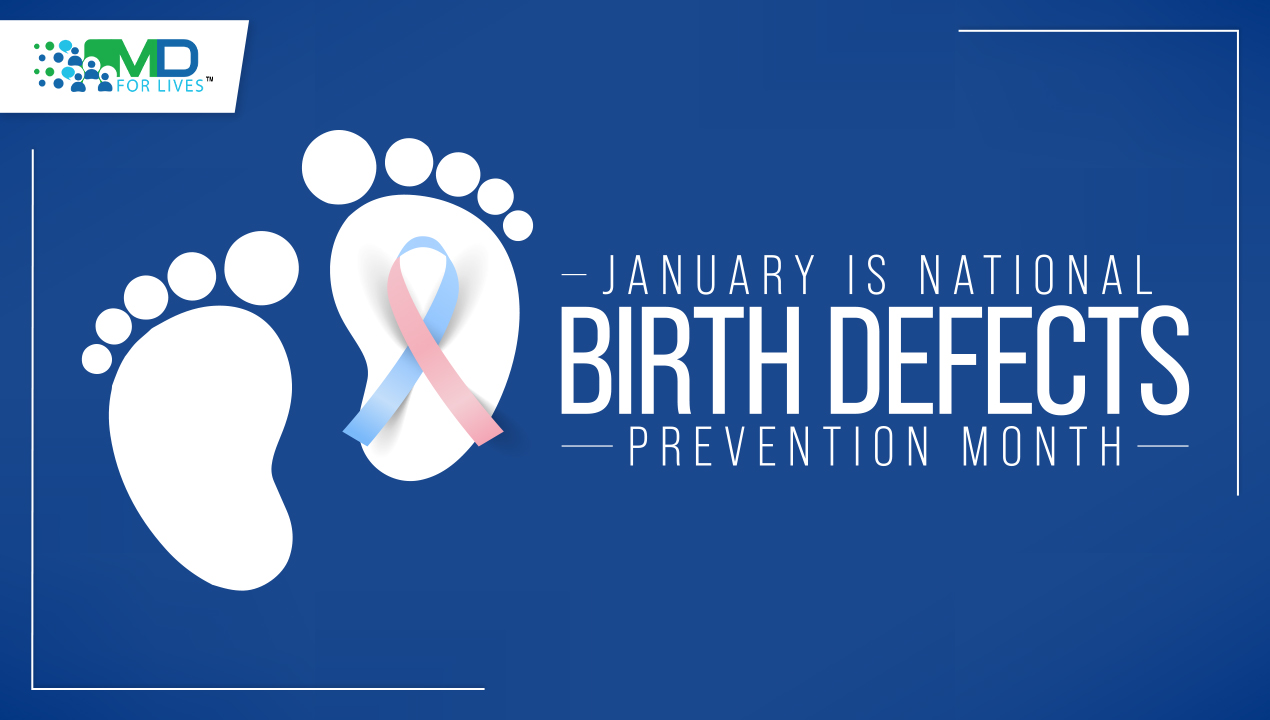On Maternal Health Awareness Day, we honor the unwavering resilience of expectant mothers and draw attention to the distinctive challenges they encounter, especially high-risk pregnancies. This commemorative day sets the stage for a thoughtful exploration of these pregnancies’ complexities, highlighting the imperative for specialized attention and care for maternal health improvement and a nuanced understanding that transcends conventional prenatal norms.
High-risk pregnancies unfold as a distinctive narrative within the broader context of childbirth, demanding a closer examination not only of medical complexities but also of the emotional and psychological dimensions encountered by mothers navigating uncharted territories. From maternal age considerations to the impacts of pre-existing medical conditions and the unpredictability of gestation, each aspect necessitates a comprehensive understanding.
This blog contributes to the ongoing dialogue about maternal well-being, shedding light on the challenges, causes and the proactive measures to optimize care for maternal health improvement.
HIGH-RISK PREGNANCIES: ALL YOU NEED TO KNOW

While pregnancy is a profound and transformative journey, it inherently carries risks. An increased likelihood of health risks for the pregnant person, the fetus, or both define a ‘high-risk’ pregnancy. Individuals navigating high-risk pregnancies may require additional care, extending before, during and after childbirth, aiming to mitigate potential complications for maternal health improvement.
It’s crucial to note that being categorized as ‘high-risk’ doesn’t necessarily guarantee problems for the individual or the fetus. Many individuals with special health needs experience healthy pregnancies, followed by normal labor and delivery.
If you encounter any of the signs or symptoms mentioned above, it is crucial to reach out to your doctor promptly, as you may need immediate medical attention.
Please note: In the United States, approximately 50,000 individuals encounter severe pregnancy complications annually.
HIGH RISK FOR PREGNANCY: UNDERSTANDING WHAT CAUSES THIS

There are a wide variety of factors that can lead to high risk for pregnancy. Some of the common causes include:
- Maternal Age: Young maternal age (teenagers) and advanced maternal age (35 and older) pose unique challenges during pregnancy. Teen mothers may face increased risks of preterm birth and low birth weight. Advanced maternal age is associated with higher rates of gestational diabetes and chromosomal abnormalities.
- Pre-existing Medical Conditions: Chronic conditions such as diabetes, hypertension and autoimmune disorders can complicate pregnancies. Managing these conditions before and during pregnancy is crucial to minimize risks.

- Multiple Pregnancies: Carrying twins, triplets or more increases the likelihood of challenges during pregnancy, like premature birth and low birth weight. Monitoring the growth and development of each fetus is vital to ensure a healthy outcome.
- Pregnancy-Related Complications: Conditions such as gestational diabetes, preeclampsia and placenta previa require close monitoring. Early detection and management are the key to preventing severe complications for both mother and baby.
- Overweight and Obesity: Being overweight elevates the chances of experiencing high blood pressure, preeclampsia, gestational diabetes, stillbirth and neural tube defects during pregnancy. Recent studies from NICHD indicate that obesity can amplify the likelihood of infants having heart problems at birth by 15%.
OPTIMIZE CARE FOR MATERNAL HEALTH IMPROVEMENT

After knowing the causes of high risk for pregnancy, it’s time to know how to optimize care for maternal health improvement:
- Always Choose a Collaborative Healthcare Team
In managing a high-risk pregnancy, a woman’s journey demands a specialized team of healthcare experts, obstetricians, maternal-fetal medicine specialists and a diverse range of healthcare professionals united by a multidisciplinary approach.
- Take Prenatal Care Seriously
For the mother’s well-being and the health of the baby, it’s crucial to schedule regular and more frequent prenatal visits. During these appointments, a gynecologist would closely monitor both the mother and the baby. Additionally, specialized ultrasound scans and tests might be suggested to assess the baby’s development and catch any potential issues early on. These measures are designed to provide the best possible care for mother and child, throughout this journey.
- Opt for Personalized Treatment Plans
When there’s high risk for pregnancy, it’s always a smart choice to go for a personalized treatment plan crafted by a reliable healthcare provider. Every pregnancy is one-of-a-kind and tailoring a high risk pregnancy treatment to address your specific challenges is the key. This might involve medications, tweaks to your lifestyle and in some cases, a hospital stay to effectively manage potential risks.
Your health and well-being take center stage and having a plan designed just for you ensures the best care possible for maternal health improvement
- Emotional Support
To all moms-to-be with high-risk pregnancies, your feelings matter just as much as your physical health. Getting emotional support system during pregnancy, counseling and tools to handle stress can really help you feel better.
CONCLUSION

To all the remarkable soon-to-be mothers facing the complexities of high-risk pregnancies, know that you are not alone in this journey. While the challenges may feel daunting, the strategies and care detailed in this blog are crafted with your maternal health improvement in mind.
By choosing personalized prenatal care, engaging with collaborative healthcare teams and embracing their tailored high risk pregnancy treatment, you can create a substantial positive impact. Your pregnancy journey is as unique as you are, and the approach taken acknowledges and respects that individuality.
Engage in MDForLives’ paid patient surveys to share your valuable treatment experiences, whether from the past or ongoing and receive rewards! Your insights play a crucial role in enhancing treatment approaches and aiding physicians in advancing patient care.

The creative force behind the keyboard, Pallabi crafts narratives of healthcare wonders and research marvels. As a seasoned professional blogger, she ventures to unearth the riches of medical innovation, weaving them into insightful stories that educate.






